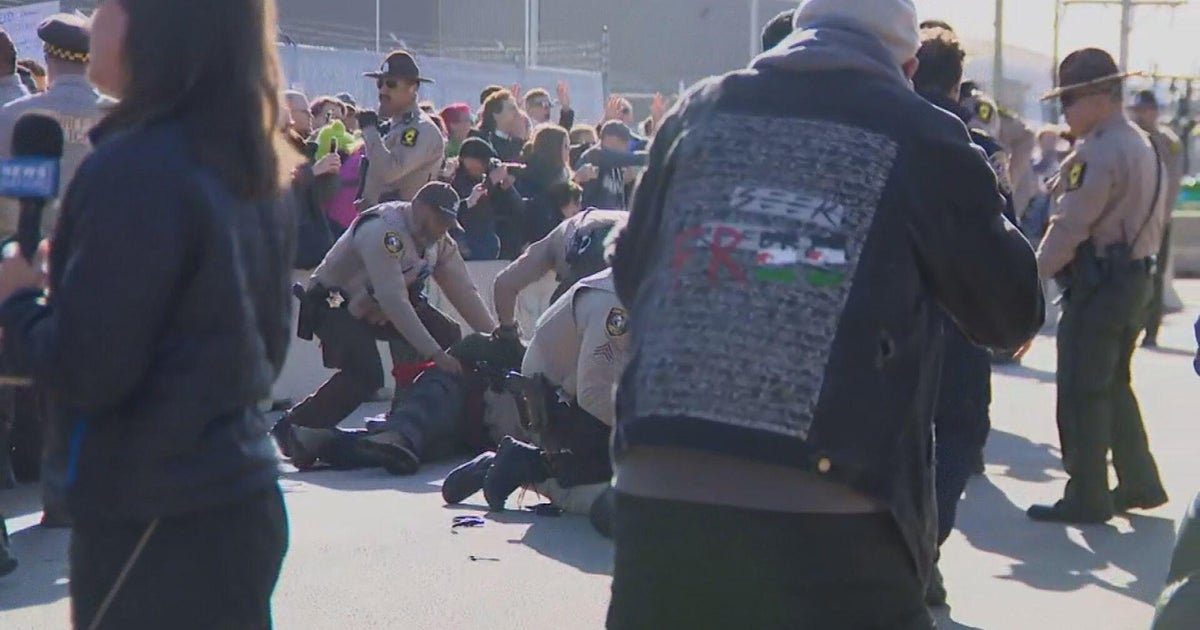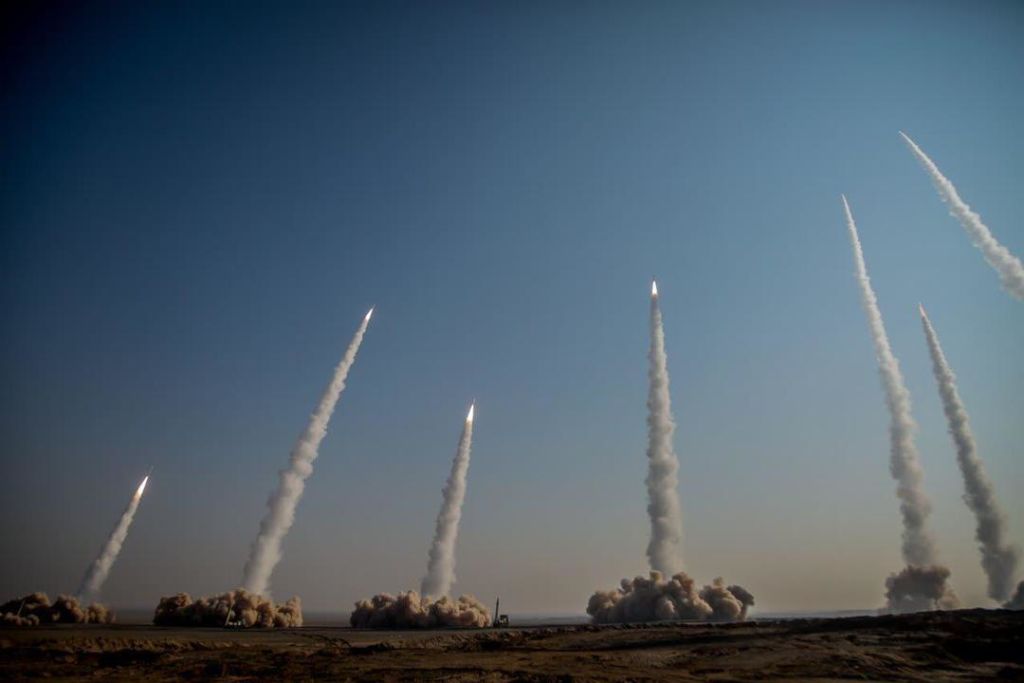Iran claims it thwarted a "sabotage attack" on nuclear facility
Tehran, Iran — Iranian authorities have thwarted what they called a "sabotage attack" targeting a civilian nuclear facility near the country's capital, Iranian media reported Wednesday. Details about the purported incident remained scarce.
Nournews, a website believed to be close to Iran's Supreme National Security Council, first reported the attack. The website said the move was foiled "before causing any casualties or damage" to the sprawling center located in the city of Karaj. It said authorities were investigating the alleged sabotage, but provided no further detail about what it was or how it was carried out.
Karaj, a commuter town only about 25 miles west of the capital Tehran, was among the locations across the country where major anti-government protests broke out in recent years.
When asked for comment, an Iranian official referred to the Nournews report. The official spoke on condition of anonymity as they did not have authorization to discuss the matter with media. Iranian state TV carried the report on its news ticker, without offering further details. The International Atomic Energy Agency, the United Nations' body that monitors Tehran's atomic program, did not immediately respond to request for comment.
Iran's Atomic Energy Organization describes the Karaj Nuclear Center for Medicine and Agriculture as a facility founded in 1974 that uses nuclear technology to improve "quality of soil, water, agricultural and livestock production."
The area is located near various industrial and government sites, including pharmaceutical production facilities where Iran has manufactured its domestic coronavirus vaccine and cancer drugs. There is also a major conventional missile research and testing center near Karaj, and a facility belonging to Iran's space agency.
The reported sabotage follows several suspected attacks targeting Iran's nuclear program in recent months, as diplomatic efforts gain traction in Vienna to resurrect Tehran's tattered 2015 atomic deal with world powers.
In what CBS News senior foreign correspondent Elizabeth Palmer says appears to have been a shot across the bow for Iran amid the ongoing negotiations, the Biden administration took down dozens of Iranian-linked websites on Tuesday. The Justice Department said the sites were connected to efforts to spread disinformation among American voters.
Palmer said most of the sites were back up and running by Wednesday morning, on different domains, after the Iranian government derided the American action as bullying, which it said proved the U.S. didn't really believe in freedom of speech.
In 2018, then-President Donald Trump pulled the U.S. unilaterally out of the nuclear deal and reimposed devastating sanctions, setting off a series of tense incidents that threatened the wider Mideast.
In April, Iran's underground Natanz nuclear facility experienced a mysterious blackout that damaged some of its centrifuges. Last July, mysterious fires struck the advanced centrifuge assembly plant at Natanz, which authorities later described as sabotage. Iran now is rebuilding that facility deep inside a nearby mountain.
Israel is widely believed to have carried out the sabotage, though it has not claimed it. Iran also blamed Israel for the November killing of a scientist who began the country's military nuclear program decades earlier.
Trump's decision to withdraw from the deal has seen Iran, over time, abandon all limitations on uranium enrichment. The country is now enriching uranium to 60%, its highest ever level, although still short of weapons grade. Iran has said that its nuclear ambitions are peaceful and that it will return to its commitments once the U.S. lifts its sanctions.



